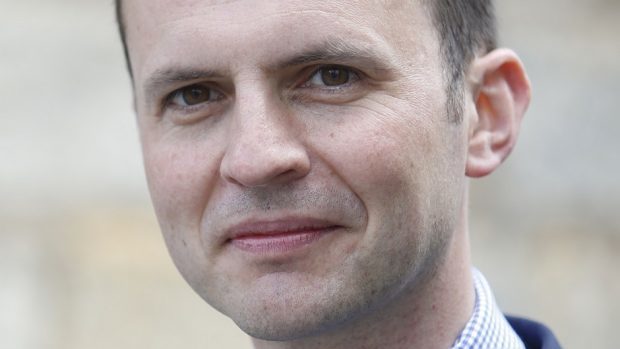The SNP will attempt to block legislation paving the way for Theresa May to trigger Brexit by stopping it at the first hurdle.
A reasoned amendment was tabled shortly after ministers published the bill drafted to authorise the prime minister to invoke Article 50.
If successful, the move will prevent the legislation from progressing any further, thus killing it off.
As well as the Scottish nationalists, who accused the UK Government of “shameful silence” on key issues, the move is supported by Green MP Caroline Lucas, who has submitted her own amendment to the same end.
She said she wanted to prevent the premature triggering of Article 50, which fires the starting gun on the two-year official negotiating period, and urged Labour MPs to follow suit.
Labour leader Jeremy Corbyn has imposed a three-line whip on his MPs to back the European Union (Notification of Withdrawal) Bill.
But he faces a fresh split in the top levels of his party, with shadow minister Tulip Siddiq already resigning from the frontbench over the issue.
Legislation was required after the Supreme Court ruled the UK Parliament must give permission to start the Brexit process.
Judges concluded, however, that Holyrood and the other devolved legislatures need not be consulted.
Brexit Secretary David Davis introduced the two-clause bill in the Commons yesterday and it received its first reading.
Ministers intend to rush it through parliament within a fortnight, so it can gain Royal Assent before Mrs May’s March 31 deadline.
Mr Davis said: “I trust that parliament, which backed the referendum by six to one, will respect the decision taken by the British people and pass the legislation quickly.”
But the SNP insisted the UK Government had failed to properly consult with the devolved administrations and criticised the absence of a detailed plan.
Europe spokesman Stephen Gethins added: “It is beyond belief that rather than setting out to parliamentarians and the public where the UK Government stands on key issues – such as the economy, trade, jobs and on the rights of EU citizens that have made the UK their home – they have kept their shameful silence.
“We welcome the eventual climb-down for calls on the white paper, but that must be set out before the final stage of the bill so it is allowed proper and due scrutiny.”
If unsuccessful – as the P&J understands is likely – the SNP will then press ahead with 50 “serious and substantive” amendments to the bill itself.
These include that the UK Government must seek unanimous agreement of the Joint Ministerial Committee – set up to involve the devolved nations – and that there should be agreement with the European Commission that any failure of the
UK Parliament to ratify the final terms of negotiation would result in a revision of the current terms of UK membership.
Meanwhile, Labour has also drafted amendments to ensure Westminster can hold ministers to account throughout the Brexit negotiations, prevent any weakening of laws on tax avoidance and to protect workers’ rights.
Liberal Democrat leader Tim Farron, whose party will oppose Article 50 unless another referendum on the final deal is guaranteed, branded the bill an “affront to parliamentary sovereignty and democracy”.
It is understood the SNP and Greens will support whichever version of the reasoned amendment is chosen by the Commons speaker.
